Simple Robotic Surgery
What Is A Simple Prostatectomy?
How is the surgery done?
The procedure usually takes about 1-2 hours and most people go home in <24 hours. After the robot is docked, the bladder is opened. Then a circular incision is made around where the prostate meets the bladder and the extra prostate is cored out in 1 piece. A catheter is placed and the bladder is closed
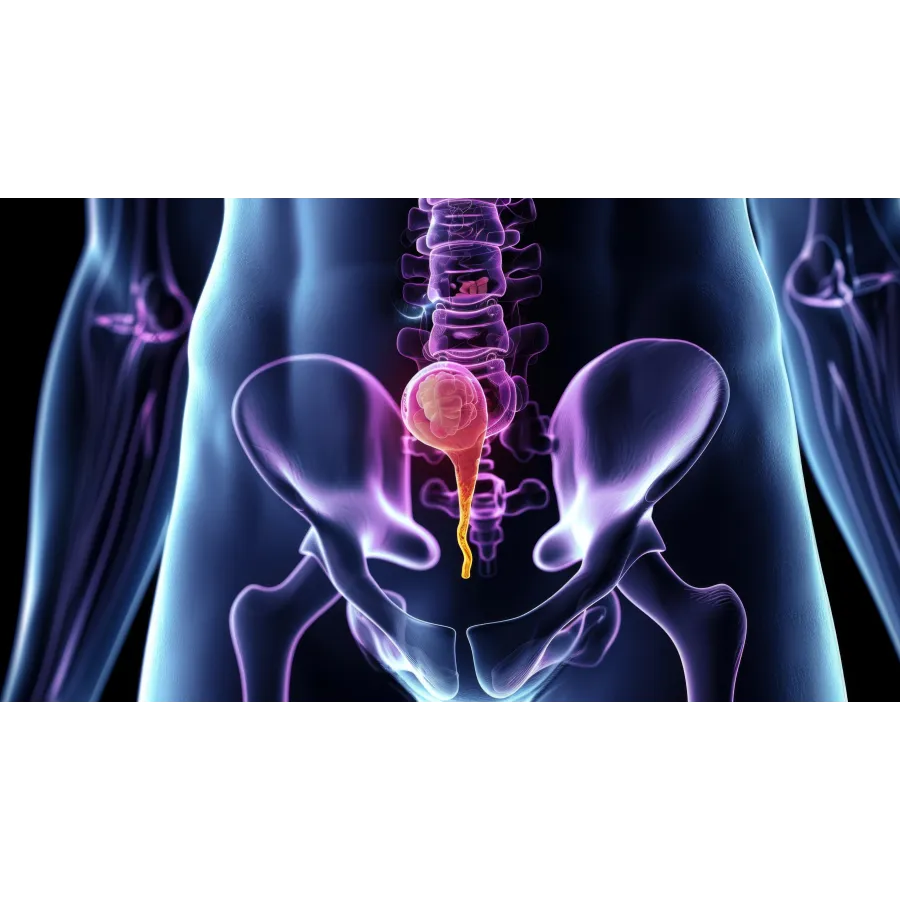
What To Expect?
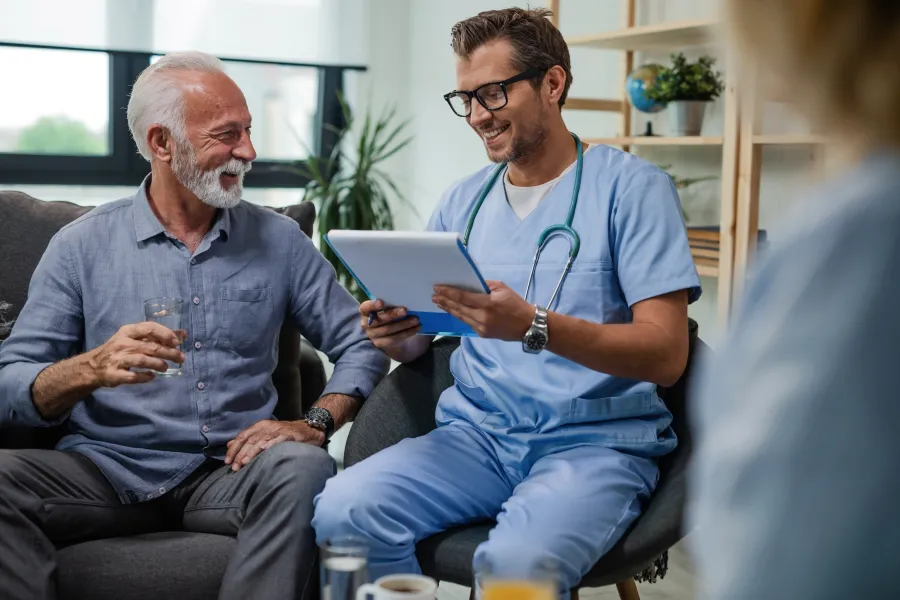
Before Your Operation
- STOP blood thinners or other medications as discussed with your surgeon
- START enhanced recovery after surgery (ERAS) medications
Evidence based pathway to help reduce your surgical stress and quicken your recovery after the surgery These will be a combination of scheduled and on demand medications to help minimize pain and to avoid narcotics.
During Hospital Stay
- Same Day Surgery: Most patients go home in <24 hours.
- Diet: You will start with a liquid diet a few hours after surgery. It is important to eat light, frequent meals.
- Postoperative pain: Pain should be well controlled and you will have medications as needed. It is important to move around as much as possible.
- Urinary catheter: You can expect to have a urinary catheter draining your bladder (which is placed while you are asleep) for approximately 1-2 weeks after the surgery. It is not uncommon to have blood in the urine for a few days after surgery.
- Incentive spirometry: You will be expected to do some very simple breathing exercises to help prevent respiratory infections. Coughing and deep breathing are an important part of your recuperation and help prevent pneumonia and other complications.
- Ambulation: It is very important to get out of bed and begin walking to help prevent blood clots from forming in your legs.
- Constipation/gas cramps: You may experience sluggish bowels for several days following surgery. Keep eating light meals until you pass gas on a more regular basis.
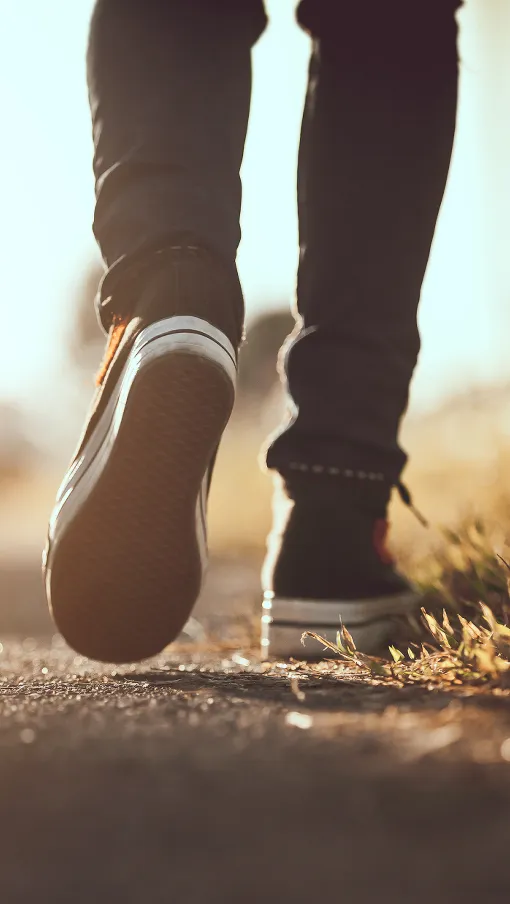
Post-Operative Recovery
- Pain control: You can expect to have some pain that may require pain medication for up to a week after discharge. Tylenol should be sufficient to control your pain. It is important to stay ahead of the pain.
- Showering: You may shower starting the day after surgery. Do NOT scrub the incisions, let soap and water run down over them. Baths are not recommended.
- Activity: Taking walks is advised. Prolonged sitting or lying in bed should be avoided. Climbing stairs is encouraged but should be taken slowly. Driving should be avoided while you have a catheter. No heavy lifting (greater than 20 pounds) or exercising (jogging, swimming, treadmill, biking) until instructed by your doctor.
- Follow-up appointment: You will see us in the office 1 week after your surgery. You may either call for a follow-up or one will be scheduled for you.
Schedule Appointment
Advanced Techniques
Better Outcomes and Less Side Effects
Our Advanced Urologistscan offer complex and advanced techniques:
- Enhanced Recovery After Surgery
- Advanced techniques aside from Robotic Surgery
- Long lasting outcomes
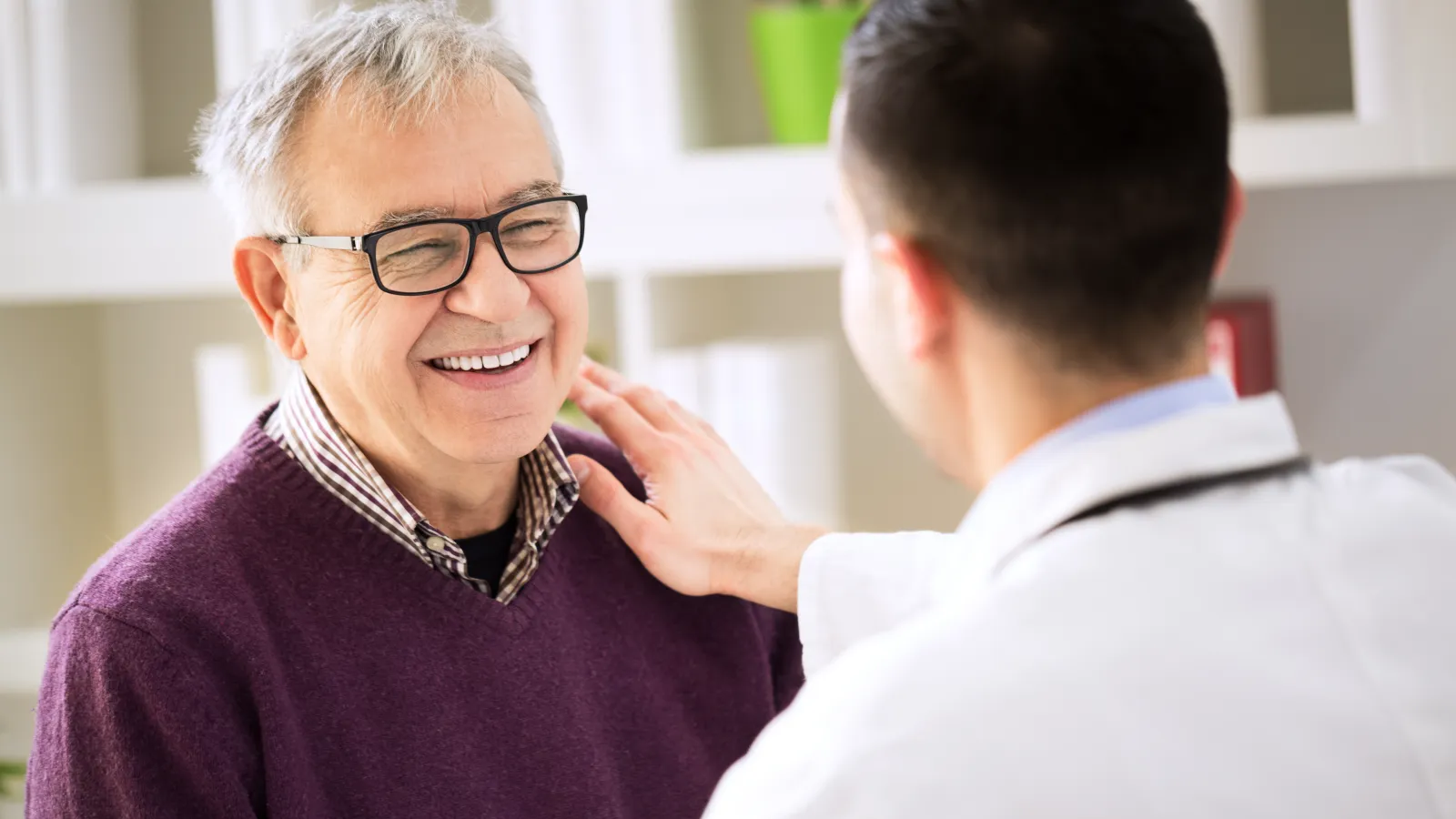
Why Choose Advanced Urology?
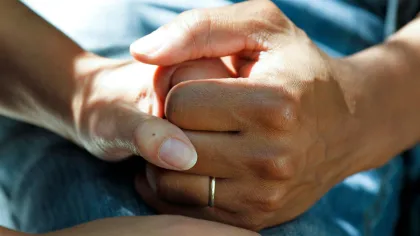
Comprehensive Care
We have ultramodern purpose built facilities to provide all your care. You will have access to every Super specialist at Advanced from recurrent urinary infections to clinical trials to the most challenging prostate cancer cases. We have all the expertise in house to help you.
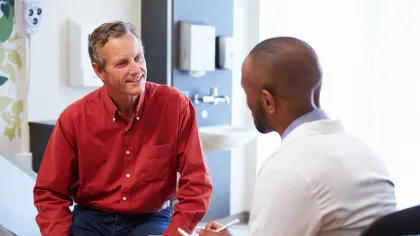
The Advanced Difference
Advanced Super Specialists are board certified urologists with exceptional training. They focus on a narrow subset of urology. This superspecialization on a disease state leads to to more experience, greater expertise, and a better outcome. Our experts are world renown for their skill, knowledge, and compassion.

A Winning Team Committed to You
Our award winning team will collaborate with you, your family, and the other providers involved in your care. We think communication is essential in delivering great outcomes. The most important thing to know is that we are here for you.
